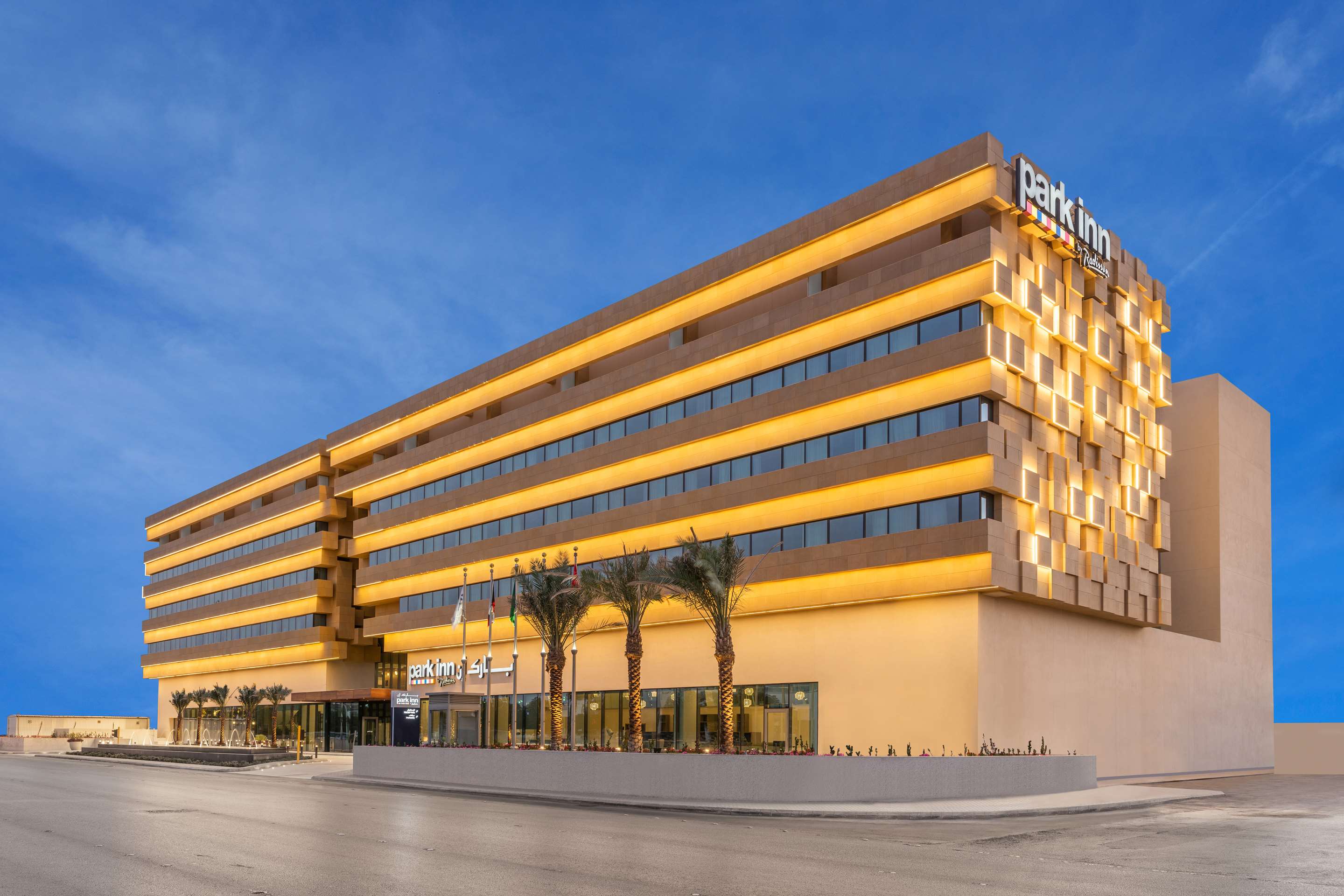
Radisson currently has approximately 30 hotels open and another 20 under construction within the Kingdom. These 20 projects are slated for completion within the next three to four years, bringing around 4,000 to 5,000 additional rooms online, with associated job creation expected to employ approximately 5,000 Saudis.
The group’s expansion aligns closely with Saudi Arabia’s Vision 2030, supported by a $110-billion investment target to add 362,000 hotel rooms by 2030. Radisson has diversified its footprint across several brands, including Radisson Blu, Radisson Collection, and mid-market Radisson hotels. Recent openings like the Radisson Blu Minhal in Riyadh, alongside planned launches of third Radisson Collection properties and serviced apartments, reflect the breadth of its brand strategy.
Saudi Arabia’s hospitality sector is being reshaped by megaprojects such as NEOM and the Red Sea Project, which are contributing to demand for diverse lodging options. Radisson is responding to this market shift by emphasising experience-driven hospitality, for instance at NOA Resort near Riyadh, under its Collection label, which blends luxury with immersive nature experiences.
Ayman Ezzeddine, Radisson’s Development Director for the region, said cultural and geographic diversification is integral to the group’s approach, noting that guest expectations in mountain-cooled Abha differ markedly from those in cosmopolitan Riyadh. Adaptation involves marrying Scandinavian design principles with local cultural motifs.
Radisson’s strategy includes deepening its reach beyond Riyadh into Jeddah, Makkah and Madinah, as well as several secondary cities. The goal is to open at least another 20–30 four-star Radisson hotels and several entry-level luxury Radisson Collection properties over the next four to five years.
Operational challenges accompany this fast-paced growth. Rising costs—especially for labour and inflation—are prompting Radisson to invest in technological efficiency, including artificial intelligence for back-end operations, while reaffirming that “the human touch will never go away.” Efforts to enhance employee experiences through workplace design and sustainability also reflect industry-wide trends.
Radisson’s integration into Saudi Arabia’s tourism ecosystem extends through local partnerships. Agreements include collaboration with Knowledge Economic City for a Park Inn by Radisson in Madinah’s Islamic World District and memorandums with the Saudi Tourism Authority. Key entrants like the 310-key Radisson Blu Hotel & Convention Centre Riyadh Minhal, along with upcoming
Radisson Blu Riyadh Al Sahafa and Jeddah Tahlia Street hotels, illustrate this broad engagement.
Saudi demand is being driven by a broader transformation in tourism: from religious pilgrimages to leisure, business travel, medical and cultural tourism. Initiatives such as Riyadh and Jeddah Seasons, and development of AlUla and the Red Sea, are supporting seasonal balance and elevating average daily rates. Radisson is positioning itself to cater to this expanding ecosystem.
Radisson is doubling down on Saudi Arabia’s workforce demands through Saudisation efforts. More than 40 per cent of the group’s staff in the region are Saudis, with this figure rising to 60 per cent in its Riyadh office. Investment in local talent, including women in leadership roles, aligns with Vision 2030’s national employment objectives.
Technological innovation and sustainability are at the forefront of Radisson’s growth. The group has pioneered carbon‑negative meetings globally and is extending sustainable hospitality practices in the Kingdom. Projects emphasise energy efficiency, healthy workplaces, and eco-conscious brand experiences.
Topics
Saudi Arabia
